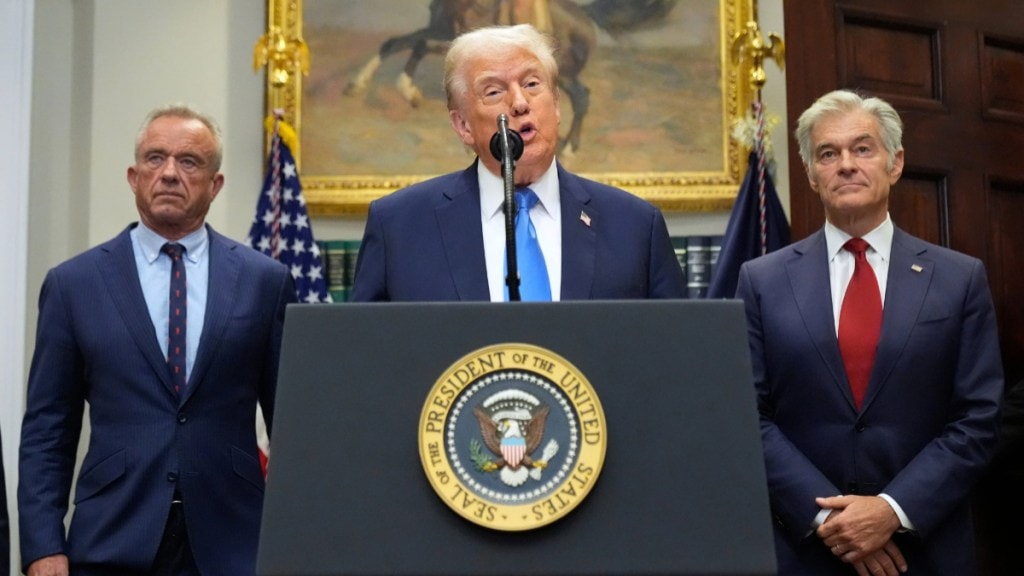Trump administration on Tuesday introduced a proposal to overhaul the H-1B visa selection process, prioritising higher-skilled and higher-paid workers. This move comes in the wake of a White House proclamation on Friday, which introduced a $100,000 fee for the visas.
What changes in the new system?
The new proposal from President Donald Trump seeks to change how the US distributes H-1B visas, which allow foreign workers to come to the US for specialty jobs.
Critics argue that foreign workers often take jobs away from Americans. Under the new proposal, the government would not just pick visa applicants based on the highest wages offered.
Instead, it would categorise workers into four wage levels based on the average pay for their jobs, using data from the Department of Labor.
Workers in the highest wage category, earning around $162,528 a year, would have a better chance of being selected for the visa.
They would be entered into the lottery four times, while those in the lowest wage category would be entered just once.
The idea is to prioritise skilled workers who earn higher wages while still giving employers access to workers at all pay levels.
Legal challenges and fees for new applications
In addition to the new wage-based system, the Trump administration recently added a new $100,000 fee for employers filing new H-1B applications.
This fee took effect on September 21, though it only applies to new applications, not renewals. The announcement caused some confusion at first, but the government has since clarified the rule.
Both the new fee and the wage-based selection process could face legal battles.
The current H-1B visa program allows for 85,000 new visas each year, with certain educational and research institutions exempt from this cap.
The lottery system, where employers submit registrations to be randomly chosen for a visa, has also been under scrutiny.
Last year, the US Citizenship and Immigration Services revamped the system to give all applicants an equal chance, aiming to stop businesses from gaming the system by submitting multiple fake applications.
